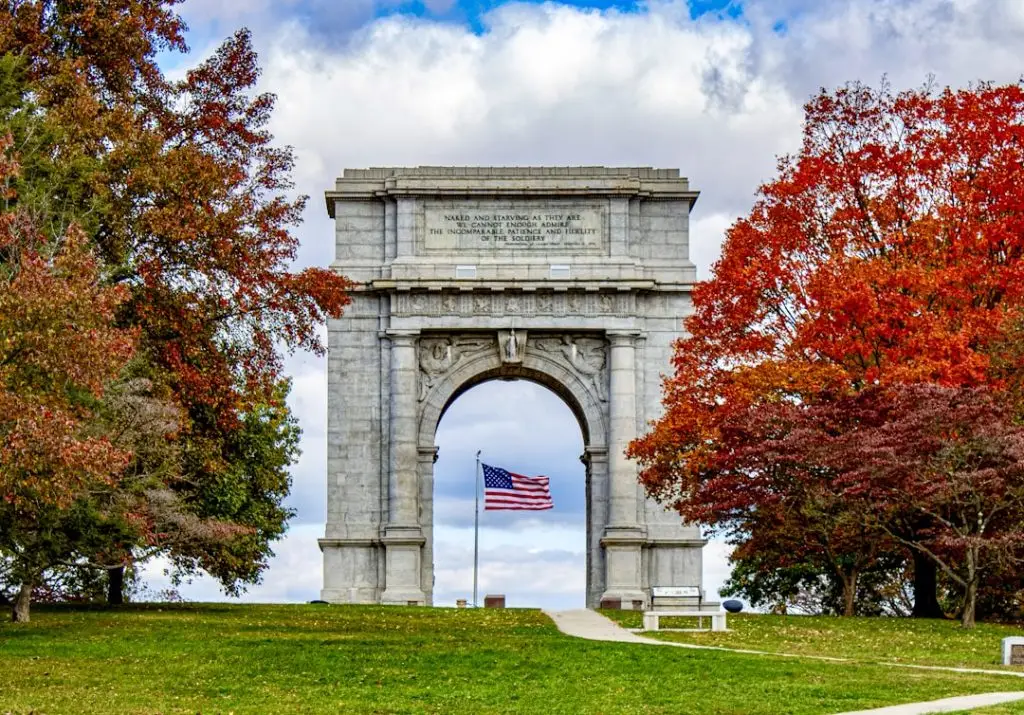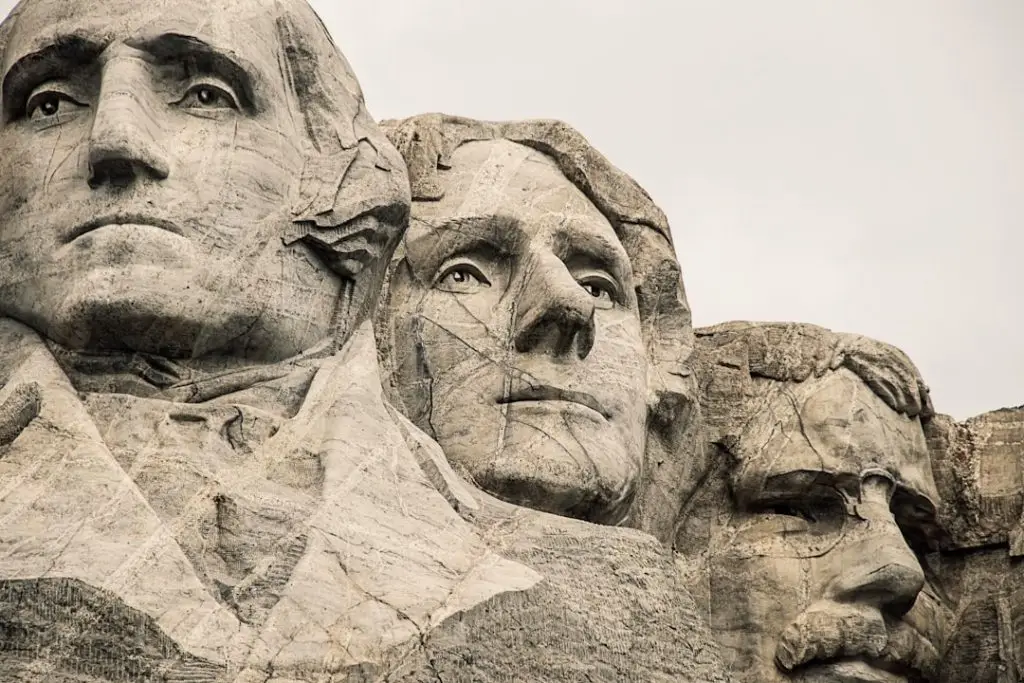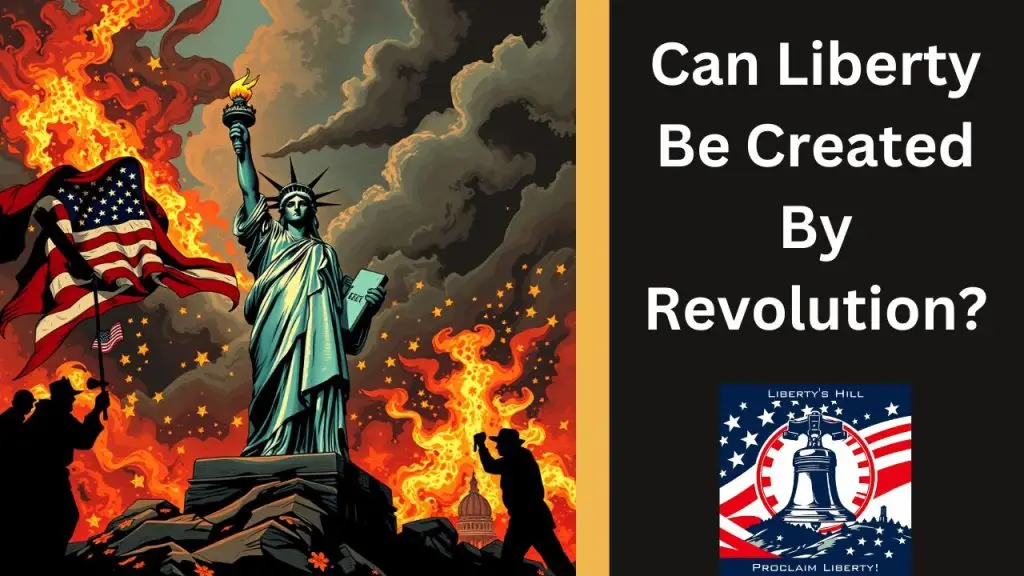Can Liberty Be Created by Revolution?
The question of whether liberty can be created by revolution has been a topic of discussion for centuries. In this exploration, we delve into the complexities surrounding the establishment of true liberty in societies. This blog post reflects on the insights shared by Dr. Bill Brannan, who emphasizes the importance of internal motivation, values, and virtues in building a free society.
The Illusion of Imposed Liberty
When the United States went to war with Iraq, many celebrated the prospect of democracy being instilled in the nation. However, Dr. Brannan argues that simply installing a form of government does not guarantee liberty. He recounts his visit to Iraq a few years post-war, where he consistently found sentiments of disappointment. Many felt they had simply traded one tyrant for many, highlighting the idea that without the character to support liberty, freedom cannot flourish.

Photo by Juan Davila on Unsplash
True liberty must emerge from within a society, cultivated over time through shared ideas and values, rather than being imposed externally. Dr. Brannan articulates that self-government is the bedrock of liberty. It requires internal motivation rather than coercion. Imposing a representative government from the outside can often lead to a form of coercion, rather than genuine freedom.
Reevaluating the American Revolution
One of the critical points made by Dr. Brannan is the common misconception of labeling America’s struggle for independence as a revolution. He suggests that a revolution typically involves a forced overthrow of an existing government. In contrast, the American War for Independence was fundamentally about defending existing liberties rather than creating new ones. The values and systems that laid the groundwork for America were rooted in English civil liberties.

Photo by Peter Bryan on Unsplash
Dr. Brannan references Winston Churchill’s perspective on the American struggle, emphasizing that it was a reaffirmation of English rights rather than a revolutionary overthrow. The Declaration of Independence, he argues, is not just an American document but part of a broader historical narrative that includes the Magna Carta and the Bill of Rights. These documents collectively represent the liberties of the English-speaking people.
The Role of Ideas in Establishing Liberty
According to Dr. Brannan, every instance of liberty being advanced in the world has stemmed from ideas that create values and transform people from within. Without this foundational approach, efforts to establish liberty are likely to replace one form of tyranny with another. He highlights the necessity of understanding the world of ideas if we wish to build a society grounded in liberty.

Photo by The 77 Human Needs System on Unsplash
In a recent discussion with fellow pastors, Dr. Brannan pointed out that America is not a democracy in the traditional sense but a constitutional republic. The founding fathers viewed democracy skeptically, associating it with potential tyranny. They believed that laws and values establishing liberty are divinely inspired and unalienable, not mere constructs of man.
The Constitution and Founding Principles
The Constitution, in the eyes of the founding fathers, was a covenant between states, intended to create a federal government with limited powers. Dr. Brannan argues that the states were the primary players in this arrangement, while the federal government was meant to play a supportive role. This contrasts with the current dynamic, where the federal government has assumed a dominant position.

Photo by John Bakator on Unsplash
The original purpose of the Constitution was to establish a union of states that delegated powers to a federal government. However, many of the ideas and values that underpin liberty and prosperity were not fully articulated in the Constitution itself. Instead, these principles were embedded in the cultural fabric of American society, rooted in covenantalism and the religious beliefs prevalent at the time.
The Concept of Covenant and Its Importance
Covenantalism, which has its roots in Puritanism and Reformed theology, played a significant role in shaping American society. This concept draws from biblical traditions, particularly the covenant made at Mount Sinai, and served as a blueprint for creating a flourishing society. Dr. Brannan explains that the modern understanding of democracy has interesting connections to this covenantal foundation.

Photo by Nick Fewings on Unsplash
The term “democracy” was initially used to describe a system based on the principles of covenantalism. The political imagination sought to establish liberty on this foundation, with the New Jerusalem and the Kingdom of God representing the ideals of freedom and justice. However, as democracy evolved, it became associated with imperfections, leading to a distorted understanding of how liberty is achieved.
Understanding the Role of Scripture
Dr. Brannan also emphasizes the historical significance of scripture in shaping ideas of liberty. The translation of the Bible into the vernacular was seen as a crucial step in promoting human liberty. Figures like John Wycliffe believed that making scripture accessible to the common person would empower them and drive the quest for freedom.

This ideal was not limited to Christians; even non-Christians recognized the importance of holding religious and civil authorities accountable to the rule of law as expressed in scripture. The founding fathers envisioned a society where the principles derived from scripture fostered liberty and justice, creating a framework for accountability and moral governance.
A Vision for the Future
Dr. Brannan concludes with a hopeful vision for the future, advocating for a world where liberty, justice, and human flourishing are attainable goals. While he acknowledges that perfect liberty may be a destination not fully realized until a future time, he believes that embracing the ideas and values of liberty can lead to significant progress.

Photo by Tomasz Frankowski on Unsplash
This progressive view allows for grace in human failure and fosters a sense of hope for the future. It invites all individuals, regardless of their beliefs, to participate in the journey of creating a better world—one that is more free, dignified, and flourishing.
Final Thoughts
In summary, the exploration of whether liberty can be created by revolution reveals a complex interplay of ideas, values, and historical context. Dr. Brannan’s insights challenge the notion that liberty can be imposed externally and emphasize the necessity of internal transformation. By understanding the foundational principles that have shaped liberty throughout history, we can work together to build a future characterized by justice and human flourishing.
What are your thoughts on the relationship between revolution and liberty? Share your insights in the comments below, and let’s engage in this important conversation.


